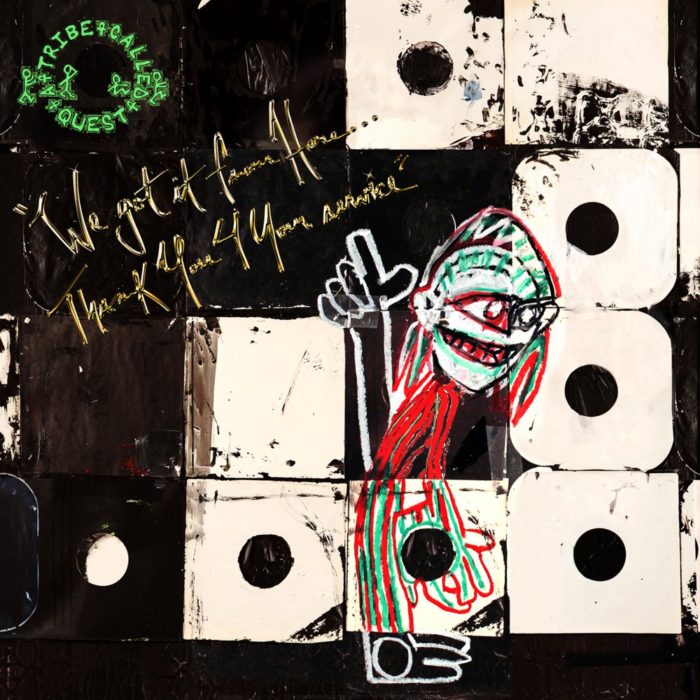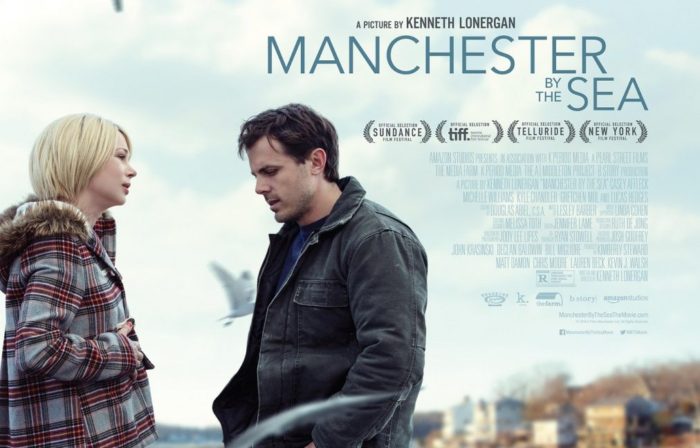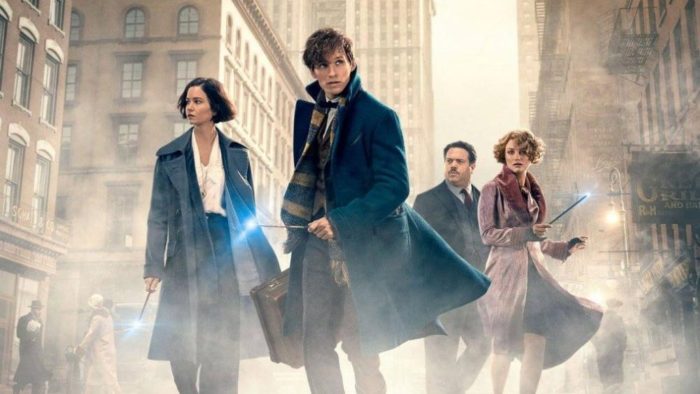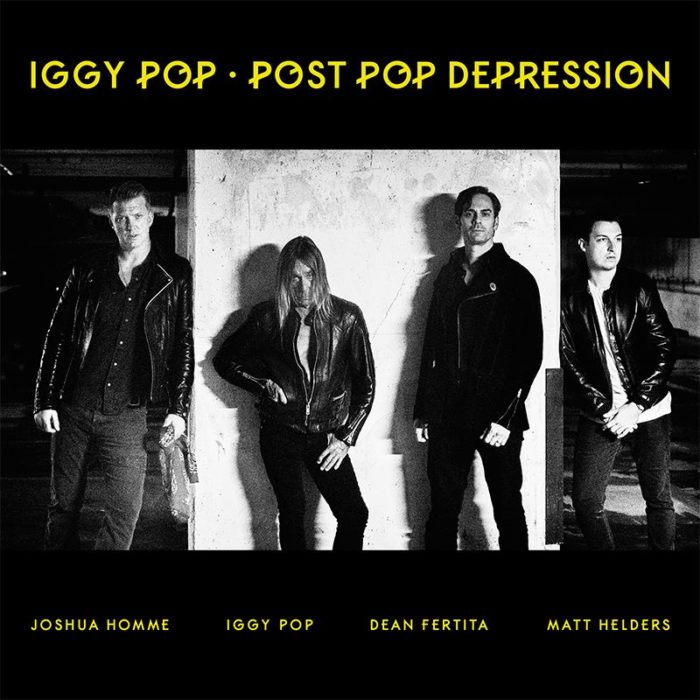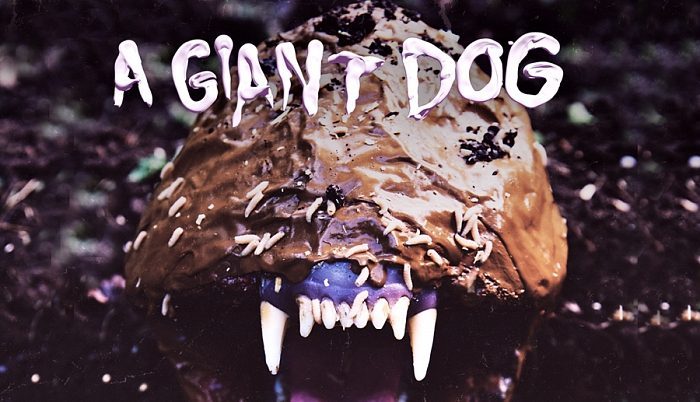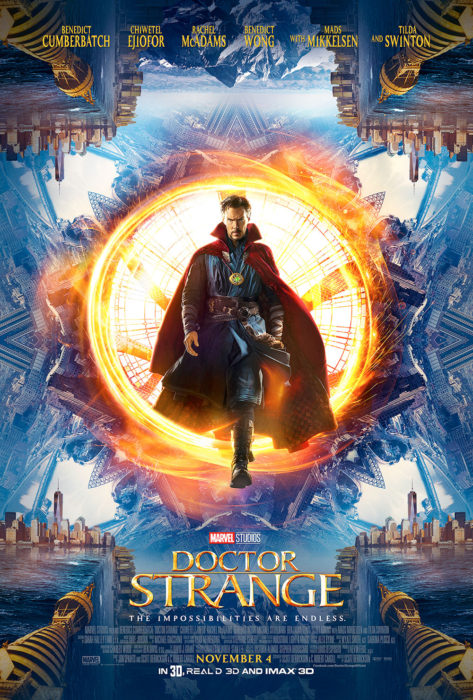
As an infrequent comic reader, I can tell you that the Marvel comic book universe has several key divisions in the types of super hero characters it features. The main one is enhanced people, characters like Captain America and Spider-Man who went from being normal dudes into incredibly powerful crime-fighters. These tend to be stories about people overcoming their own challenges and selflessly dedicating themselves to making the world safer. The next biggest group is the gifted people, the mutants and inhumans who are naturally in some way different from regular people. These characters tend to struggle with identity much more, and have historically provided Marvel writers an opportunity to explore social issues as these characters are often presented as an oppressed minority. Then you have the cosmic and magical sides of Marvel, and that’s when things get crazy.
Over something like 70 years of continuity, Marvel has indeed created a universe (actually, several parallel universes). There are alien worlds and races, galactic wars, and even gods. These are stories that don’t always easily fit into the super hero genre. That aspect of the comics first started appearing in the cinematic universe with the Thor films, which stood out for substituting the evil businessmen and machines of the first few Marvel movies with gods, giants, and rainbow bridges. One of the most fascinating lines from that movie is when Thor is explaining the Nine Realms and the nature of the multiverse and says, “Your ancestors Called it magic, but you call it science. I come from a land where they are one and the same.” That sentiment is echoed by the Ancient One (Tilda Swinton) in last month’s Doctor Strange.
When Dr. Stephen Strange (Benedict Cumberbatch) first meets the Ancient One, she shows him the astral plane, opens his third eye, and takes him on our trippy journey through the multiverse. All of which is meant to show the nature of the magical side of the Marvel Universe. Later, Wong (Benedict Wong, who weirdly shares his last name with his character and his first name with the star of the movie) tells Dr. Strange the difference between sorcerers and super heroes: “The Avengers protect the world from physical dangers. We safeguard it against more mystical threats.” That’s a great sentiment, but by the end of the movie, magic turned about to mainly just be martial arts, and those mystical threats still felt a lot like the kind the Avengers have been facing over the last fourteen movies.
So, I’ll just say it: Doctor Strange, which I hoped would be a new kind of Marvel movie, is instead a pretty standard Marvel origin story with a lot of style. I’ve seen this movie twice now, once in IMAX 3D and once on a regular screen, and I think it benefited from the large format as much as anything can these days. The magical fights we see involve a lot a gravity shifting and world bending, basically amped-up versions of the stuff we saw in Inception, which is really cool. Perhaps the cleverest part of the movie is a key battle which, in sharp criticism of the DC extended universe, shows the heroes and villains battle while a city block is put back together. It’s a lot of fun stuff to look at.
Part of the reason this was one of my most anticipated movies this year was the cast, which is stacked with a ton of talent. The two regular human characters are played by Rachel McAdams and Michael Stuhlbarg, both who do a lot with the little they’re given. Props for making McAdams’ character actually one: contribute to the team, and two: not actually be a love interest. The sorcerers are the aforementioned Tilda Swinton and Benedict Wong, and they are joined by my beloved Chiwetel Ejiofor, who is as intense and empathetic as ever. The villain, and obscure character no one’s heard of, is played by Mads Mikkelsen, who has never given a bad performance in his life. And the star, Dr. Strange himself, is played the second Sherlock of the MCU, Benedict Cumberbatch, who, well… He’s OK.
Stephen Strange is the world’s greatest surgeon and he knows it. He’s rich and arrogant and selfish until a horrific accident leaves him permanently injured, forcing him to change his ways. Sound familiar? Yeah, the movie tries pretty hard to make Dr. Strange the next Tony Stark (or the next-next Tony Stark, if you count Scott Lang). But Cumberbatch doesn’t have that Robert Downey Jr. charm, and comes off as more of an asshole than a lovable dick. The few attempts at making Dr. Strange tell jokes were especially cringe-inducing; that’s just not his bag. Honestly, this is a character whose hubris almost destroys him, it would have been better to just lean into him being a jerk. Plus, Cumberbatch struggles with his Dr. House accent throughout the film.
That’s me trying to be as critical as I can be of a Marvel movie at this point. The truth is I had a lot of fun watching this the first time and a just about the same amount of fun the second time. Outside of Marvel, this year’s super hero movies sucked. Like, maybe the worst X-Men movie and also definitely the worst Superman AND Batman movie both happened this year. Marvel plays it safe, but they’re inventive enough to stay interesting, they get great casts and crews, and they also put fun at the forefront. I can’t wait for next year’s batch, Phase Three’s looking great.
